"Louise Glück's poetry speaks to our unshakable need for knowledge and connection in an often unreliable world . Her work is timeless," Jonathan Galassi, editor at Farrar, Straus and Giroux , Glück's longtime editor, told CNN on the afternoon of October 13.
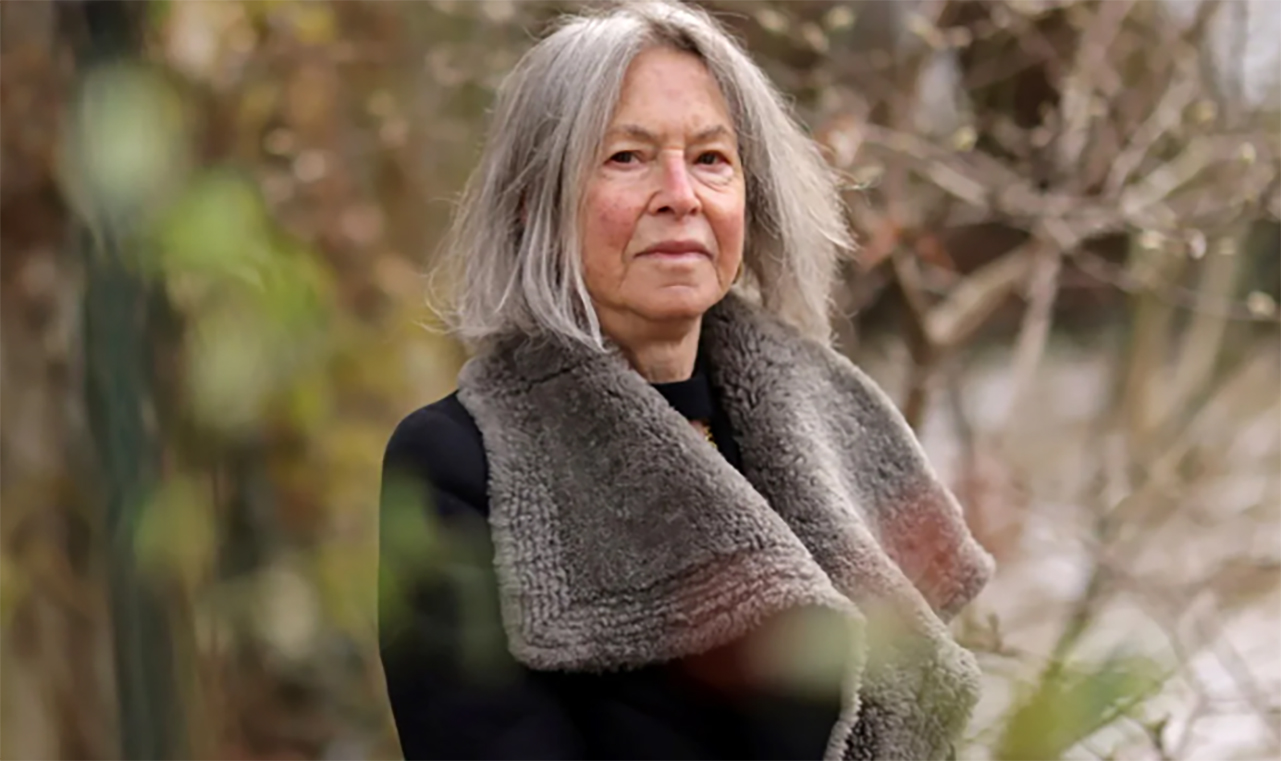
Jewish-American poet Louise Glück
Louise Glück is one of the most awarded American poets of her time: the 1993 Pulitzer Prize for Poetry for her collection The Wild Iris , the 2014 National Book Award for Poetry for her collection Faithful and Virtuous Night , and the 2015 National Humanities Medal from President Barack Obama, among many other honors.
According to the Nobel Prize committee, she is often praised as an accessible writer whose work "makes individual existence universal".
Louise Glück was born in New York in 1943 and grew up on Long Island. She wrote in her Nobel Prize-winning biography that art was considered a "higher calling" in her family.
Her father, a Jewish immigrant who co-founded the stationery brand X-Acto, encouraged Glück and her siblings to pursue their creative passions, writing stories, taking music , drama and dance classes. She submitted her first complete book to publishers at the age of 16. Although it was not published, her teenage writings appeared, "slightly reproduced," in later works.
Louise Glück was expelled from high school during her senior year to receive treatment for an eating disorder. After about a year of treatment, she enrolled in a poetry workshop at Columbia University in her native New York.
She was only 23 when she completed her first published collection of poems, Firstborn , in 1968, but then fell into a period of intense stagnation. The poet called it “a long silence.” That silence lasted until she was nearly 30, when she was invited to teach at Goddard College in Plainfield, Vermont. She called her new career a “miracle” and one that inspired her to pick up writing again.
"I feel an obligation to my own poems… I also feel a similar obligation to other people's work, which means I can work even when I don't have my own work," she said during a 1988 appearance on the television show Poetvision .
It was during this productive period that she had Noah, now 30. As a single mother, Glück challenged herself by expanding her work from the meditations on love and loss in The Triumph of Achilles (1985) to her own experiences, from motherhood to the breakup of her second marriage and the death of her sister, as portrayed in Vita Nova (1999).
But like the works she loved as a child, the poems for which Glück is best known are intimate dialogues between writer and reader. As she explained in her 2020 Nobel acceptance speech: “I like the feeling that what poetry says is both essential and personal.”
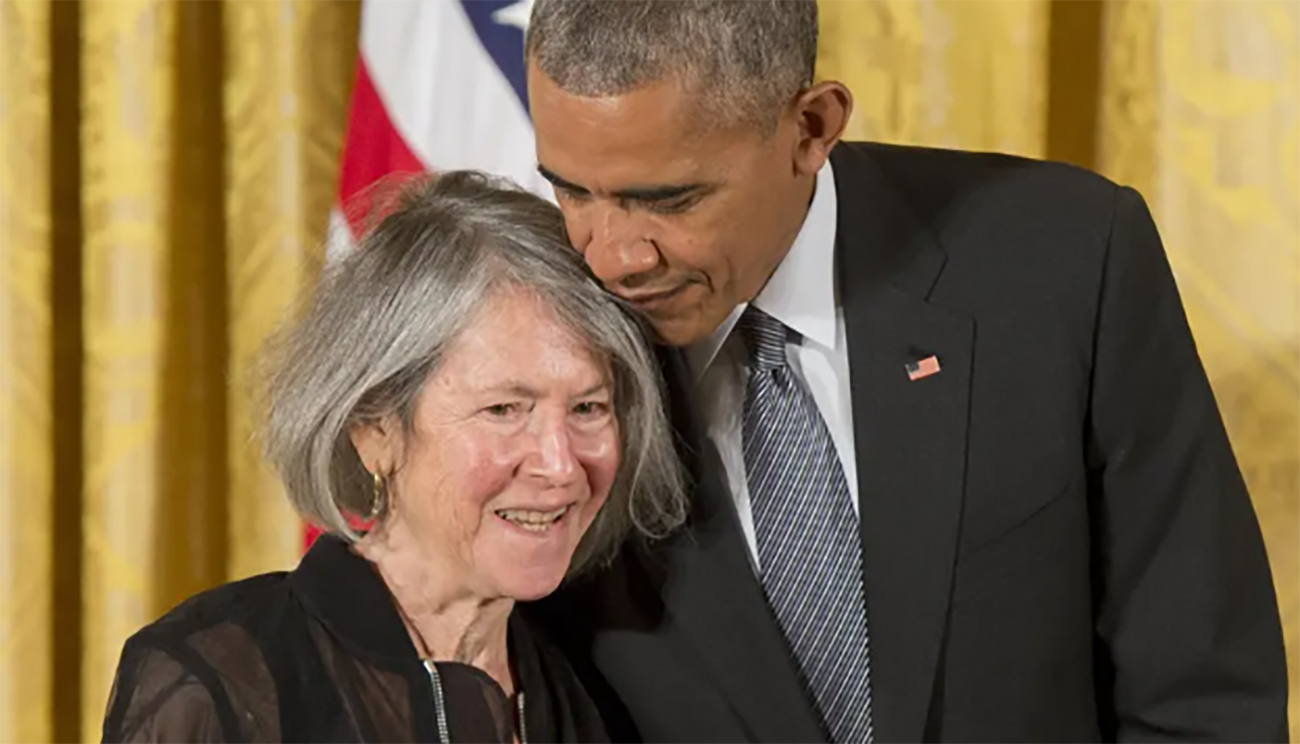
She received the National Humanities Medal in 2015 from President Barack Obama.
Her verse is uncomplicated but precise and clear. Louise Glück writes about change, grief, survival. The latter theme has been the driving force, much of it written in the summer of 2020 at the height of the Covid-19 pandemic. In Song , a bittersweet poem from the 2022 collection, a character named Leo Cruz inspires Glück to dream of a post-pandemic world where art is more than just a form of survival.
“Yes, the world is falling apart. But we’re all here, we’re still alive. That’s human stubbornness,” she said in a 2022 interview with the Nation ’s Sam Huber.
Louise Glück continued to write and teach until the end of her life, most recently as a professor at Yale University in New Haven, Connecticut, and Stanford University in California. Winning the Nobel Prize in Literature inspired “panic,” as she said in her acceptance speech.
“Writing is still elusive. I’ve always been someone who aspires to be a poet, to create something that has never been heard before. It’s a magical thing,” Louise Glück said in 2020.
Source link





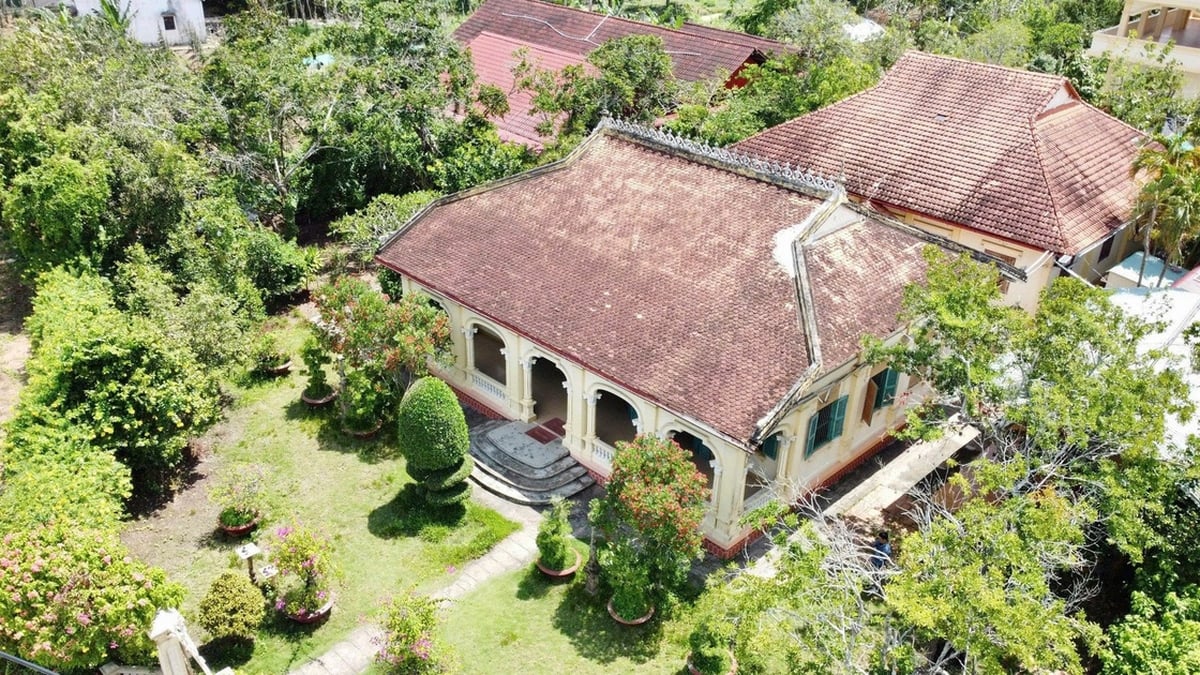
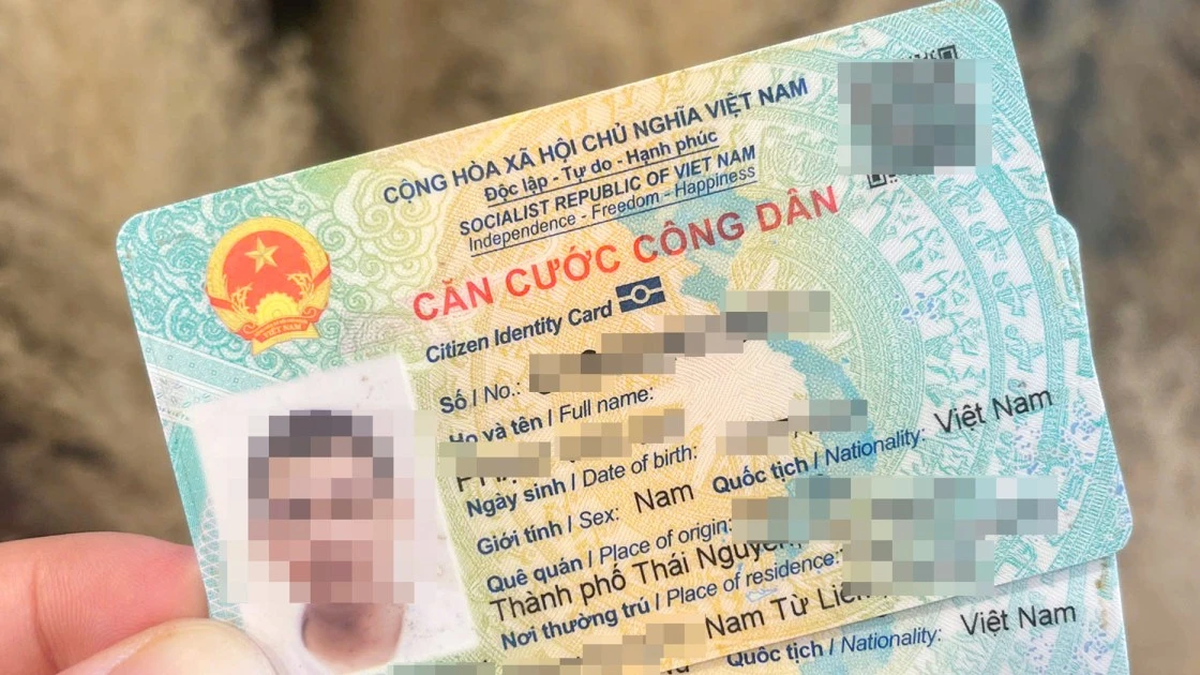

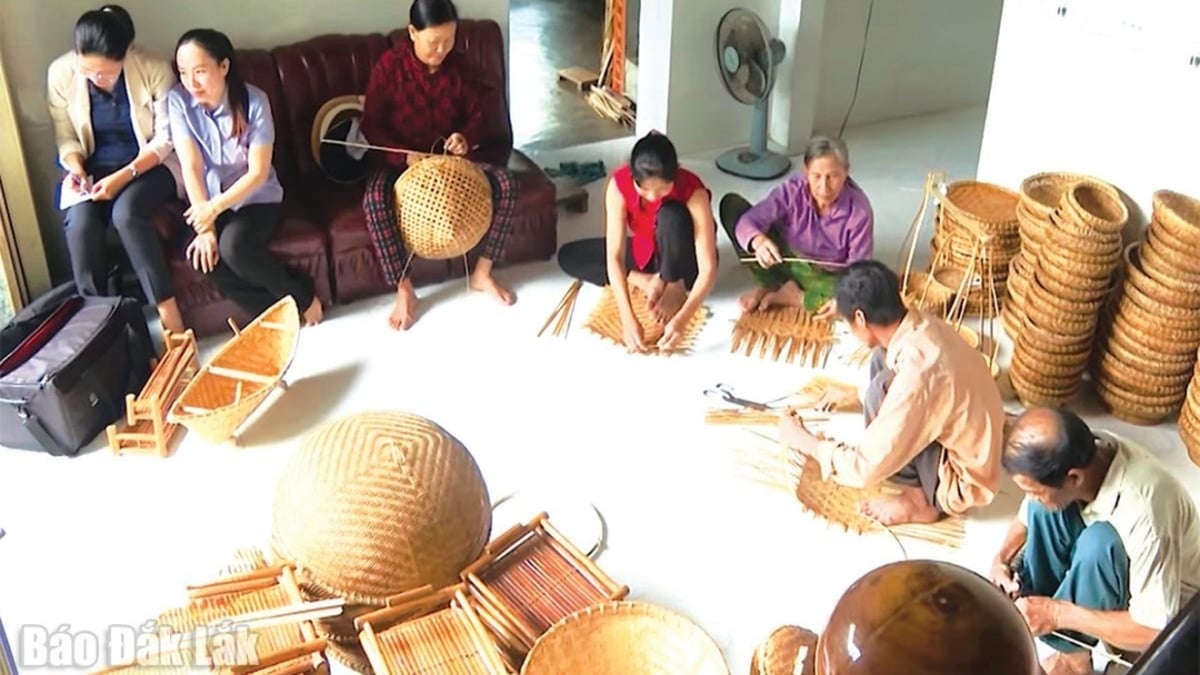

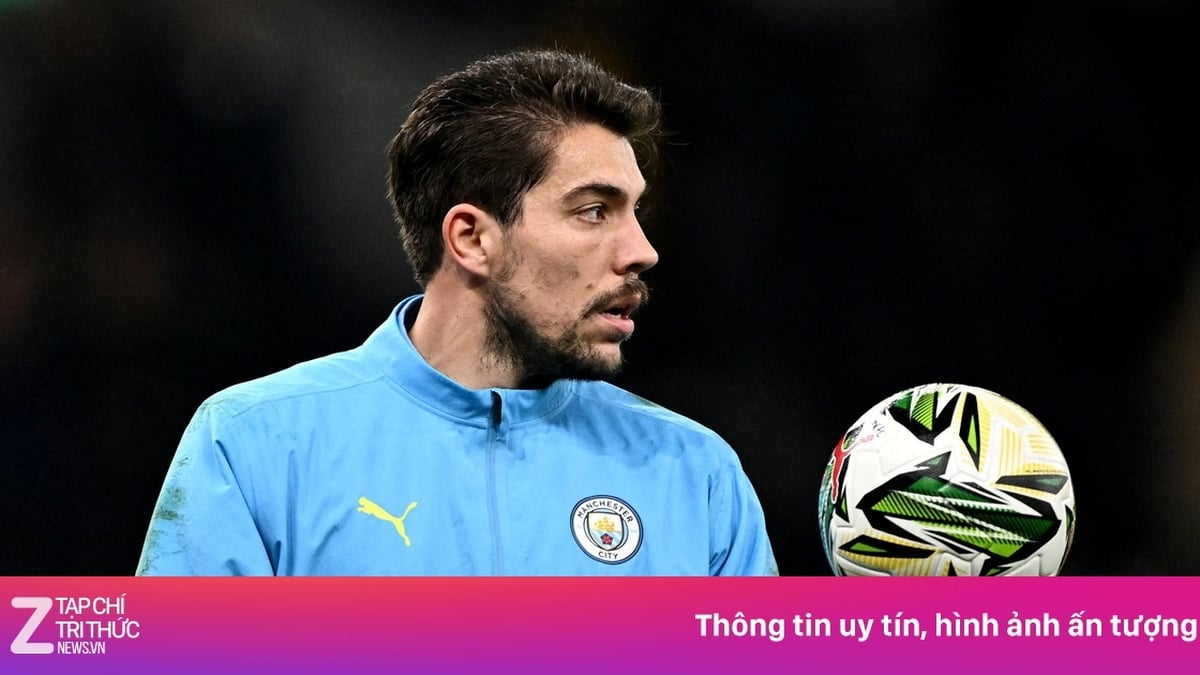
































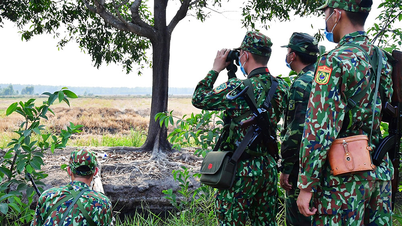











![[Maritime News] Container shipping faces overcapacity that will last until 2028](https://vphoto.vietnam.vn/thumb/402x226/vietnam/resource/IMAGE/2025/7/30/6d35cbc6b0f643fd97f8aa2e9bc87aea)









































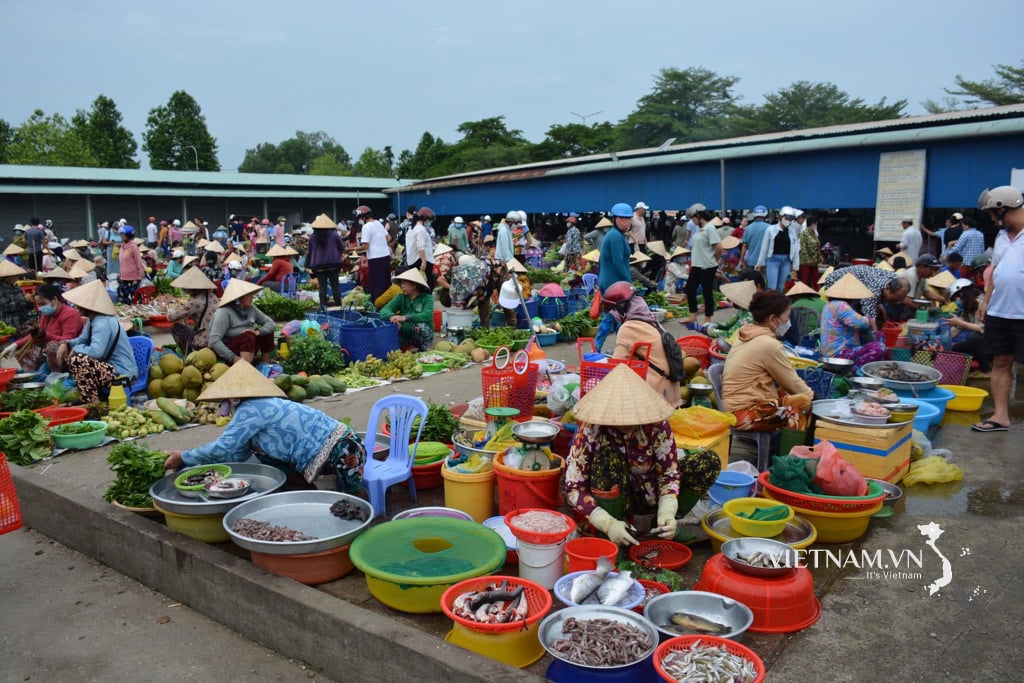



Comment (0)